The “sharing economy” is upon us and major cities like Chicago are still figuring out how to adopt and regulate these markets. The city has already faced off against companies like Uber and has recently enacted legislation against tech-giants like Airbnb, who allows owners or tenants to list their homes to guests for short-term rentals. The concern, especially for condominium associations, is that websites like Airbnb turn homes into hotels, making them more commercial and changing the residential nature of the neighborhood. This can lead to issues like more noise complaints, since short-term guests are less likely to abide by certain building rules than long-term tenants. Additionally, associations, especially those without on-site security, have concerns of increased vandalism, since they have difficulty tracking who goes in and out of the building.
In response to these concerns, the City of Chicago adopted an ordinance on June 22, 2016, amending the previous rules concerning short term rentals. While unit owners or tenants were already required to obtain a license before listing their home on these websites, the new ordinance changes how to apply and sets limits on the number of units in a building which may be advertised online at any given time. For instance, there was previously no limitation on the number of units in a building that could be rented online at a given time. Now, only one unit may be listed online in building’s containing two to four units, while building’s containing more than five units will be limited to ¼ of the units, or six units in the building, whichever is less. Additionally, someone could previously apply for a license if an affidavit was executed by an authorized representative of the association attesting that the particular unit had been approved for short term rentals. Now, only a homeowner, rather than an authorized representative, must attest that the association has not adopted bylaws prohibiting the short term rentals in the building.
Given the recent change removing the requirement of an authorized representative to execute the application, associations with short-term rental restrictions may be concerned that unit owners will fill out their applications untruthfully. However, the Ordinance allows associations with such restrictions to sign an affidavit to be placed on a “Prohibited Building” list, which will notify the websites of the prohibition and get the listings removed. Once on this list, associations must disclose this fact and receive written acknowledgment from any prospective purchaser or tenant.
Many modern declarations or amendments already restrict “transient” rentals for less than 30 days, so executing this affidavit should not be an issue for these associations. However, many other associations have tried to restrict such leasing via board rules. Based upon our previous post concerning the First District Appellate case, Stobe v. 842-848 West Bradley Place Condominium Association, leasing restrictions contained only in the association’s rules and regulations may be suspect to challenge. As such, associations should consider consulting with an attorney to confirm they have properly restricted short-term rentals before executing this “Prohibited Building” affidavit.

